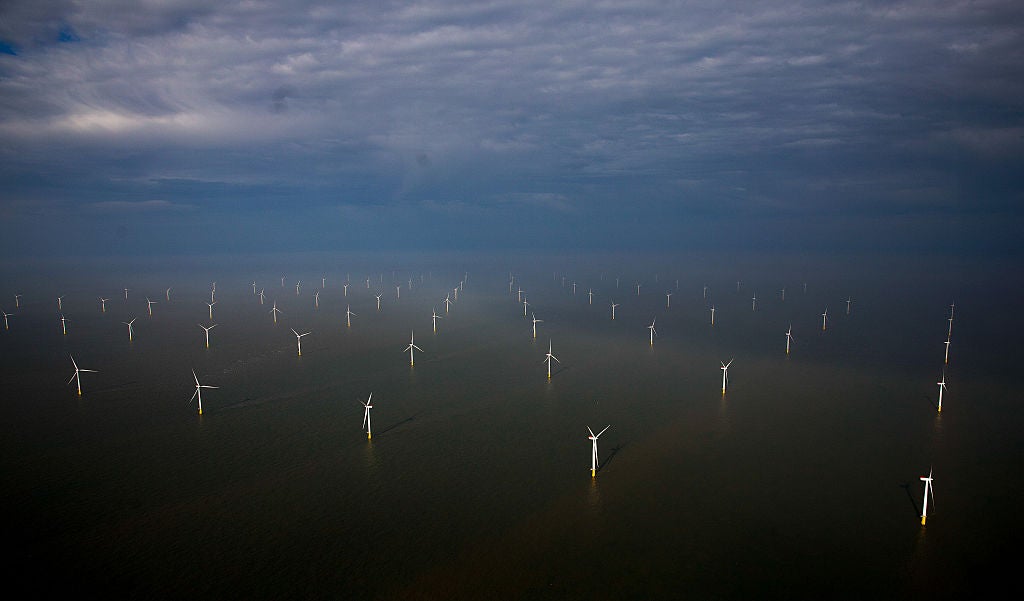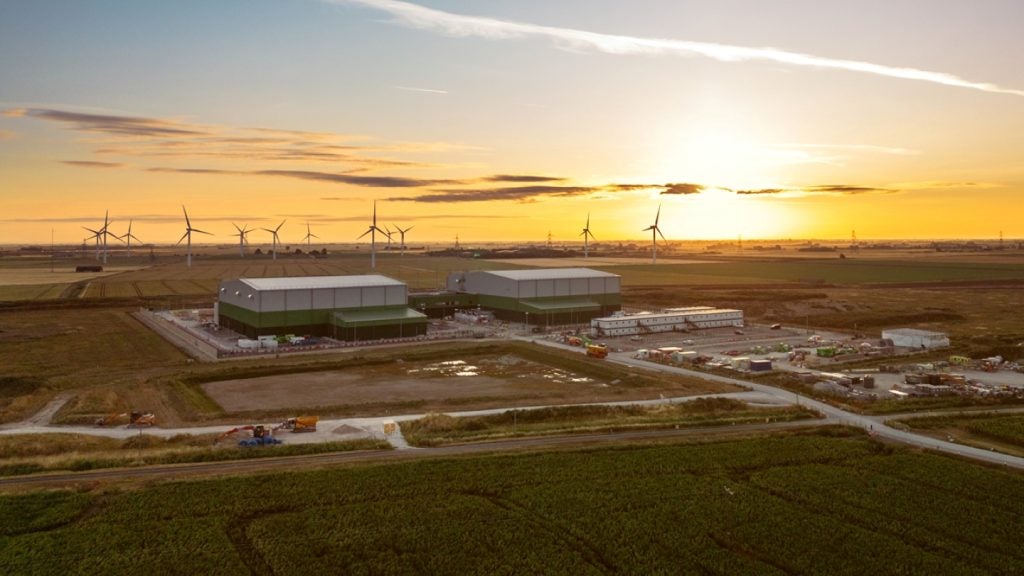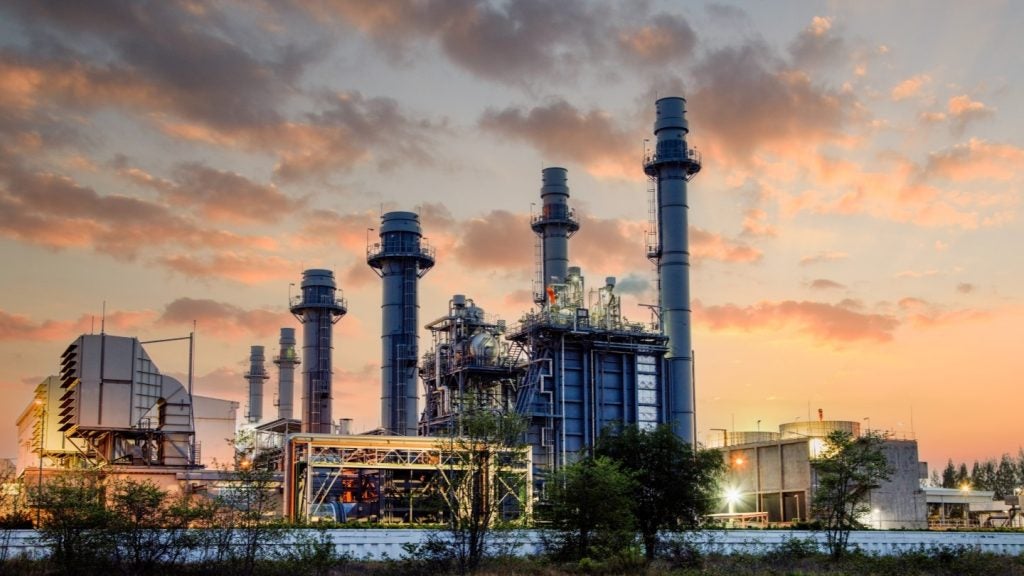

Sub-Saharan Africa is undergoing an energy crisis. With 70% of the population lacking access to electricity, many ordinary parts of life are effectively off limits once the sun goes down. Children are unable to study, families to socialise and adults to continue productive work into the evenings.
This is not to mention the chronic energy shortage experienced by schools and hospitals: around two thirds of primary schools lack electricity and 30% of health facilities do not have the means to keep medicines cool.
These statistics make for disheartening reading, more so when you consider that 41% of the world’s energy-poor people live in the region and that existing development models are not doing much to help.
A low carbon revolution in Africa?
Earlier this year, UK environmental think tank Green Alliance addressed this issue in some depth, releasing a report that dubbed the region’s existing energy infrastructure ‘a brake on progress’. It pointed out that the problem is set only to increase – while access to electricity is growing, the population is growing faster still.
See Also:
Evidently, the answer is not to expand the central grid systems currently in use, which are typically carbon-intensive and inefficient. According to the Green Alliance, low carbon, decentralised energy is a preferable solution, both for local communities and the environment at large.
How well do you really know your competitors?
Access the most comprehensive Company Profiles on the market, powered by GlobalData. Save hours of research. Gain competitive edge.

Thank you!
Your download email will arrive shortly
Not ready to buy yet? Download a free sample
We are confident about the unique quality of our Company Profiles. However, we want you to make the most beneficial decision for your business, so we offer a free sample that you can download by submitting the below form
By GlobalDataNigeria, Zambia and South Africa have become the latest hot spots for power station maintenance, repair and overhaul (MRO).
As explained by report author Faye Scott, head of research: "It offers immediate improvements to people’s lives. Projections for achieving universal energy access in sub-Saharan Africa acknowledge this potential and assume that just over half the provision will need to be mini and off grid solutions. Such options will also be more resilient in the face of climate change."
At a Green Alliance event, the Shadow Secretary of State for business, innovation and skills, Chuka Umunna, discussed how British businesses could play a part in bringing about this ‘low carbon energy revolution’. This came hot on the heels of a Labour party announcement, in which Umunna and colleagues pledged to back clean power for Africa.
Partnering up
Addressing an expert panel, he argued that British business had a lot to offer, in terms of sharing skills and expertise and building low carbon infrastructure. This would entail treating African countries as economic partners as opposed to recipients of aid.
"We should be very proud of what charities and government have done and continue to do to relieve suffering," he said. "Yet we have to recognise the context has changed. The fact is that in the last decade, the African continent has been fired by the spirit of progress. By 2020, 128 million African households will have disposable income – as in they’ll actually have money to spend."
He pointed out, however, that sustained economic growth of this kind would require a lot of investment, with governments remaining alert to opportunities as they arose.
"Consider Nigeria, with its population of 170 million," he said. "It has been reported that Nigeria has the same grid power as Bradford – a city of half a million people. As Nigeria makes those investments, there will be lots of opportunities for British businesses. So we need to wake up to what is happening in Africa."
According to Umunna, the UK government remains highly focused on the BRICs markets, and has struggled to shake perceptions of the African continent as anything other than a development destination. It needs to treat African markets as potential economic hubs, with scope to create wealth both for foreign investors and local populations.
This will entail investing in low-carbon infrastructure projects in sub-Saharan Africa, as well as recognising Africa as an ally in the fight against climate change and fostering tighter connections with its cities.
"We must do much more throughout the country to build cultural and economic links between our cities and those in developing countries," he said. "By 2030, 50% of all Africans will live in cities. We must reinvent city partnerships for the new era of smart cities – between cities here and the engines of Africa’s future growth."
Getting on the grid
Umunna’s speech was followed by a panel debate, in which participants discussed some of the obstacles to low carbon technologies in Africa. Rwandan High Commissioner Williams Nkurunziza warned that cost-effectiveness was a block to wider deployment, and Rolake Akinkugbe of FBN Capital stated that the technology was not yet sufficiently well-understood by investors.
They saw grounds for optimism, however, with solar manufacturing already in place in countries such as Ghana and Kenya. According to Simon Bransfield-Garth of Azuri Technologies, British businesses would be more likely to take the plunge with the help of an export credit guarantee from the government to support business in Africa.
Stefan Dercon, chief economist at the Department for International Development, argued that while low carbon technology should not be forced on Africa, any solutions that succeeded in reducing poverty should be given unequivocal support.
State utility firm Eskom fast-tracked the building of a new power station using cutting-edge 3D plant simulation.
Achieving universal energy in sub-Saharan Africa will mean more than tripling current capacity (from 132 TWh to 462 TWh) and that will be far from an easy task. However, as the Green Alliance report has made clear, low carbon energy is already improving lives in the region. Large-scale solar projects in Ghana are creating 2,150 permanent jobs with prospects for many more, and two thirds of households replacing kerosene lamps with solar lights have reported health improvements.
Meanwhile, enterprising UK businesses are poised to play a major role in future growth. £24.3bn is needed annually to expand sub-Saharan Africa’s power sector, with £12bn of that representing an investment opportunity.
"British business – with all its expertise and talent – must be part of Africa’s growth story – whether it’s green energy or anything else," said Umunna.


.gif)




